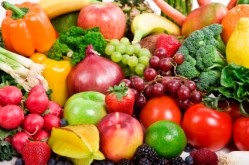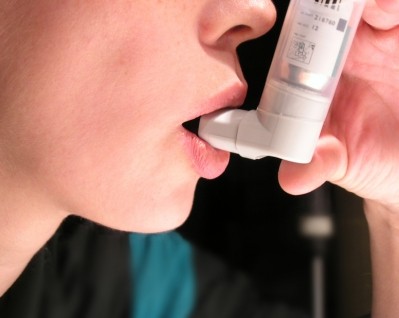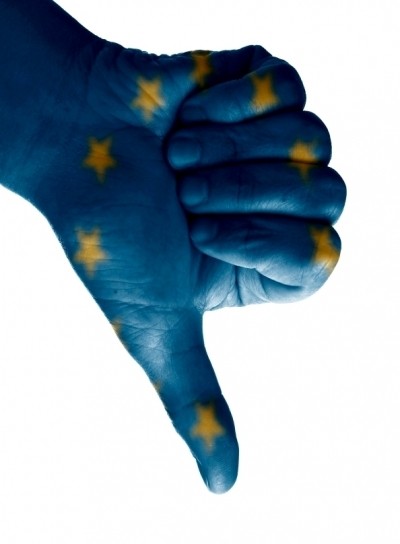Australian state backs antioxidants in foods (if not supplements)

The government agency said antioxidants such as “vitamins A, C and E, and the minerals copper, zinc and selenium” could deliver free radical-fighting benefits, but: “Other dietary food compounds, such as the phytochemicals in plants and zoochemicals from animal products, are believed to have greater antioxidant effects than either vitamins or minerals.”
“These are called the non-nutrient antioxidants and include phytochemicals, such as lycopenes in tomatoes, and anthocyanins found in cranberries.”
Foods versus supplements
The information sheet approved by Deakin University referenced differing opinions that exist about the bioavailability of antioxidants in differing forms, suggesting whole foods were better mediums than food supplements.
“Some studies suggest that antioxidants are less effective when isolated from food and presented in tablet form,” it stated.
“For instance, vitamin A (beta-carotene) has been associated with a reduced risk of certain cancers but an increase in others, such as lung cancer in smokers, if vitamin A is purified from foodstuffs.
“A study examining the effects of vitamin E found that it didn’t offer the same benefits when taken as a supplement. Also, antioxidant minerals or vitamins can act as pro-oxidants or damaging ‘oxidants’ if they are consumed at levels significantly above the recommended amounts for dietary intake.
“A well-balanced diet, which includes consuming antioxidants from whole foods, is best. If you insist on taking a supplement, seek supplements that contain all nutrients at the recommended levels.”
It concluded by noting antioxidant research is “divided” a reality represented liberally on NutraIngredients, and which Stephen Daniells commented on here.
The Victorian Department of Health page can be found here.
Antioxidants inside
Antioxidants have not impressed the European Food Safety Authority (EFSA)’s health claims panel and the term itself is likely to soon become an unauthorised health claim in the EU.
EFSA’s health claims panel has stated: “…no evidence has been provided to establish that having antioxidant activity/content and/or antioxidant properties is a beneficial physiological effect.”
But the panel has concluded of vitamin E, “that a cause and effect relationship has been established between the dietary intake of vitamin E and protection of DNA, protein and lipids from oxidative damage.”
Vitamin C has won a similar health claim.
It is now down to the European Commission and member states to interpret these opinions before adoption, rejection or amendment, and the use of terms like ‘polyphenol’ or ‘flavonol’ that are relevant to them.
In the most recent batch of article 13 general health claim opinions EFSA found polyphenols extracted from olives could reduce LDL cholesterol levels, but no antioxidant link was demonstrated.














